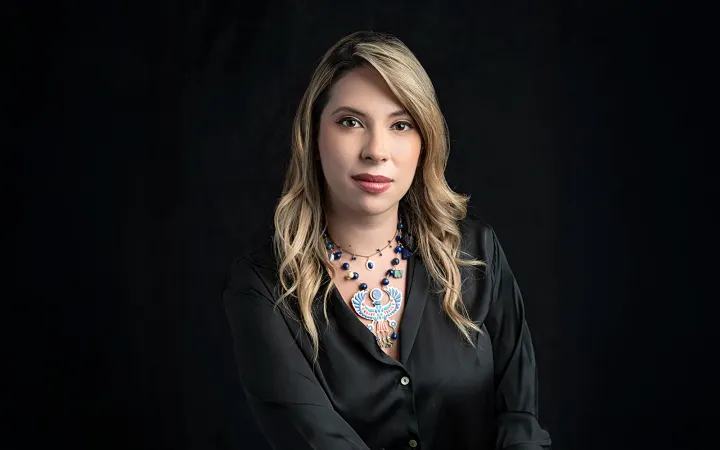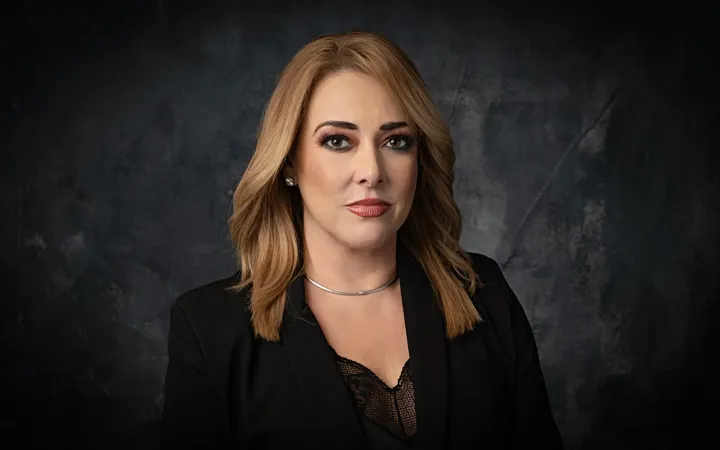MPor Brenda Lugo
Todas las guerras inventan su propio lenguaje. En la nuestra hicimos lo mismo.
Cuando comenzó la guerra contra el narcotráfico en México, el crimen se llevó muchas vidas, nos arrebató las palabras y, a cambio, nos dejó un diccionario del horror. Fuimos obligados a resignificar palabras que antes eran inocentes y que, de un día para otro, se convirtieron en la expresión máxima de la violencia.
En nuestra guerra aprendimos un lenguaje que solo se entiende a través del dolor.
Antes del desastre, trágame tierra era la metáfora absurda de la vergüenza. Pero en nuestra guerra, la tierra realmente te traga y te cubre hasta que un grupo de madres, con sus palas y picos, te rescata de la humedad y del olvido. De esa fosa cavada por la violencia.
Desaparecer abandonó su significado de perderse o ausentarse. Hoy es la palabra que arrebata la paz a las familias, porque, en el fondo, todos sabemos que desaparecer significa tortura, desmembramiento o disolución en ácido. Desaparecer es, en última instancia, morir en la incertidumbre.
Cocinar se convirtió en un acto criminal; levantar, en una condena; embolsar, en la negación final del cuerpo; y el pozole, en un método de exterminio. Las palabras se convirtieron en una sentencia.
Y luego vino Teuchitlán. Pero esta vez no hubo palabras para nombrarlo. Porque incluso en una guerra que ha modificado nuestro vocabulario, hay horrores que no se nombran.
La violencia nos dejó mudos, incapaces de describir lo que revelaron las fotografías sacadas en aquel rancho Izaguirre, en Jalisco. El horror superó al lenguaje.
Faltaron tanto las palabras que hubo quienes insistieron en compararlo con los campos de exterminio de Auschwitz, en la Alemania nazi. No sé si por morbo, por impotencia o porque aún no encontramos una forma de nombrar nuestro propio exterminio.
Entonces, díganme: en este nuevo diccionario del horror, ¿cómo nombramos Teuchitlán? ¿Cómo nombramos el dolor de las madres que escarban la tierra con las manos y encuentran indicios del destino más despiadado que pudieron tener sus hijos desaparecidos?
De nuevo, nos quedamos sin palabras.
*Brenda Lugo:
Soy queretana y egresada de la Escuela de Periodismo Carlos Septién García. Mis publicaciones se encuentran en diversos medios digitales locales y nacionales.
Trabajo en adentrarme en el terreno pantanoso de la política, a veces desde el periodismo, otras veces desde sus profundidades. Hago análisis político y descifro el lenguaje del poder.
Formo nuevas generaciones de periodistas en la Universidad Autónoma de Querétaro, devoro podcasts y nunca dejo de escribir.

Las opiniones expresadas son responsabilidad de sus autoras y son absolutamente independientes a la postura y línea editorial de Opinión 51.






Comments ()